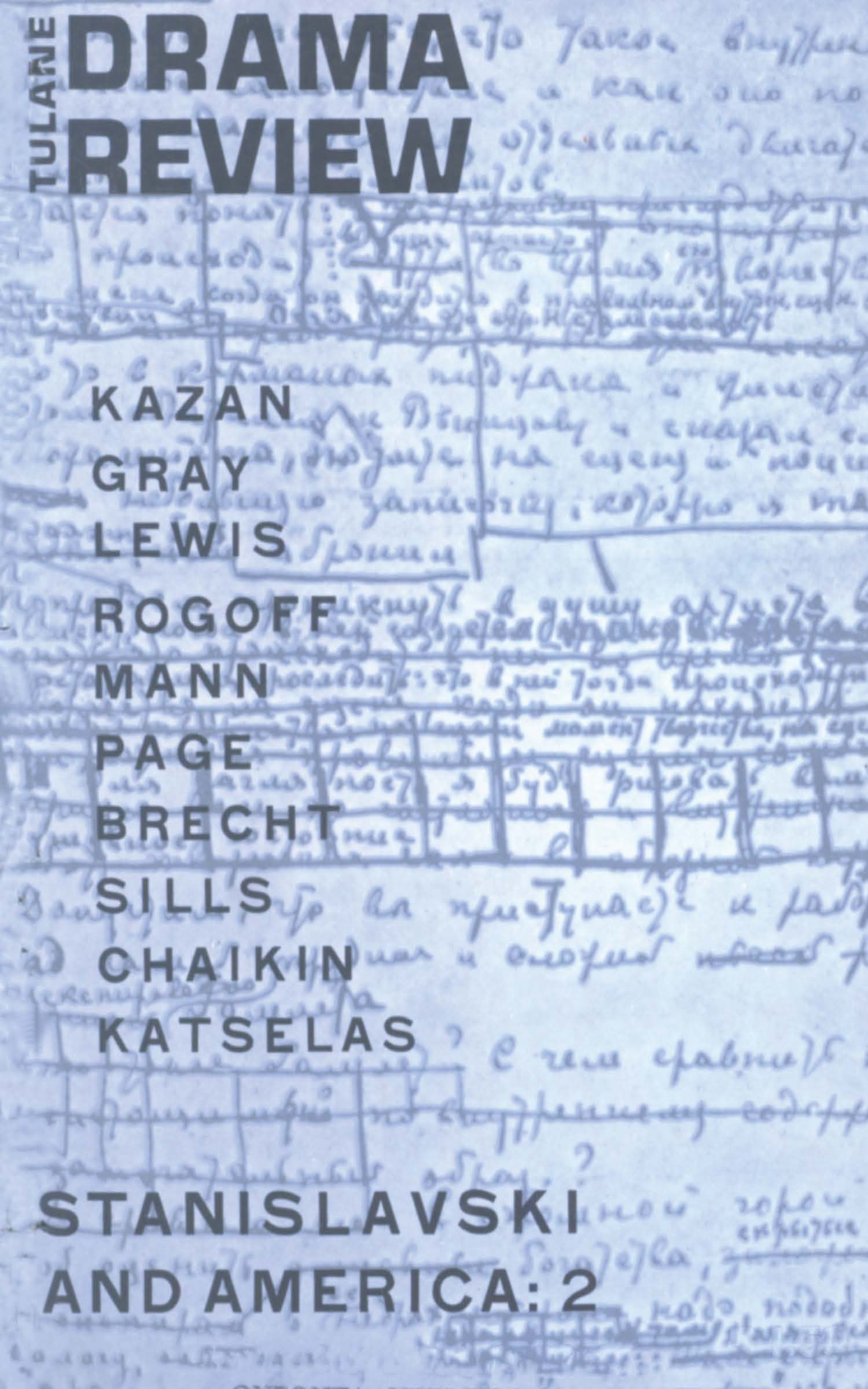Article contents
Saint Genet: Actor and Martyr
Published online by Cambridge University Press: 14 February 2022
Extract
Genet is related to that family of people who are nowadays referred to by the barbaric name of passéistes. An accident riveted him to a childhood memory, and this memory became sacred. In his early childhood, a liturgical drama was performed, a drama of which he was the officiant; he knew paradise and lost it, he was a child and was driven from his childhood. No doubt this “break” is not easy to localize. It shifts back and forth, at the dictate of his moods and myths, between the ages of ten and fifteen. But that is unimportant. What matters is that it exists and that he believes in it. His life is divided into two heterogeneous parts: before and after the sacred drama. Indeed, it is not unusual that the memory condenses into a single mythical moment the contingencies and perpetual re-beginnings of an individual history.
- Type
- Research Article
- Information
- Copyright
- Copyright © 1963 The Tulane Drama Review
References
1 Passeiste: one who is not adapted to the present age, who is not a man of his time, who “lives in the past.”
2 The candidate for shamaic functions is killed by the spirits. His body is cut to pieces. Then he comes to life again. Only then is he a shaman. Almost all “rites of passage” center about death and rebirth. The theme of death and resurrection similarly governs all initiations.
3 Cf. Mircéa-Eliade, L'Eternel Retour.
4 In Genet's play The Maids.
5 Cocteau, Anna la Bonne.
6 Mallarmé, Oeuvres complètes, p. 278.
7 This is not Pope's line but a translation of Genet's misquotation, from memory, of a French rendering.
- 13
- Cited by


